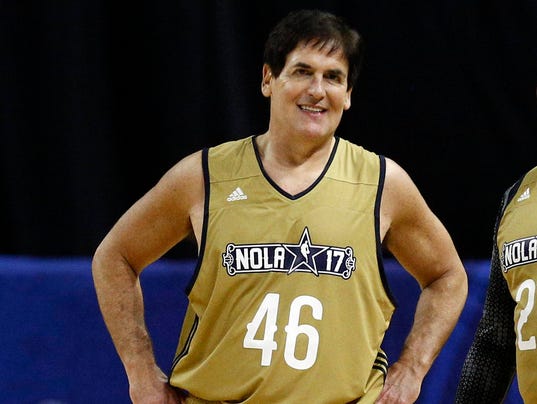If you’re like me, your Facebook and LinkedIn feeds are inundated with articles, whitepapers, and industry reports. Now most of you probably skip them, but I find these much more enlightening than the latest political argument my friends and colleagues are engaged in. So to make life easier on all of you, I’ve listed a few of the reports I think are worth a read.
(Note: Most of these will require you to provide an email address to the company that wrote it. Be a good marketing person and reward the content team for their hard work.)
- Gartner’s Magic Quadrant for CRM Lead Management: The market for CRM lead management applications continues to grow, evolve and mature. This Magic Quadrant evaluates 17 providers to help IT leaders find the right choice for their company, in collaboration with marketing, sales and digital commerce leaders.
- 2016 State of Marketing, from Salesforce: Trends and insights from nearly 4,000 marketing leaders worldwide.
- The State of Inbound 2016, from Hubspot: HubSpot’s 8th Annual Report, Tracking the Future of Inbound Marketing and Sales
- The Ultimate List of Marketing Statistics for 2016, from Freely: 347 marketing statistics for 2016 that you can use in your own content.
- Inbound Marketing Examples, from Hubspot: Hubspot Academy-approved examples of what others have built with the platform.
- Digital Marketing Resources, from Salesforce: A library of Salesforce’s most popular pieces on topics like list growth, Facebook marketing, mobile marketing strategy, customer lifecycle marketing
- Mobile Messaging Report 2016, by Mobile Ecosystem Forum and mblox: The MEF indexes the messaging habits of nearly 6000 respondents across nine countries worldwide.
- The Sophisticated Marketer’s Guide to B2B Marketing, from LinkedIn: Learn how to leverage LinkedIn’s marketing solutions, including content marketing campaigns, native advertising, sales lead generation, and brand awareness.
- The State of Facebook Advertising, by Marin Software: Year-over-year trend charts detailing spend, clicks, and CTR, the growth outlook for Facebook on mobile devices, and why Facebook is paying so much attention to its video ad formats
- 2016 Mobile App Retrospective, by App Annie: App Annie details the markets that saw the most growth in 2016 for downloads and usage, the growing monetization opportunity for publishers across categories, the top industries that are being transformed by mobile apps, and the trends publishers must stay on top of.
- Top 10 Big Data Trends for 2017, by Tableau Software: Tableau highlights the top big data trends for 2017.
- Mobile Messaging Report 2016, by Mobile Ecosystem Forum and mblox: The MEF indexes the messaging habits of nearly 6000 respondents across nine countries worldwide.
- How to Nail a Mobile Campaign Using SMS and Mobile Apps, by mobileStorm: Mobile apps now give your brand limitless choices on how to communicate, but this whitepaper details how to incorporate them into a larger mix that includes SMS.
- Mobile First Brand Loyalty Strategy Guide, by Punchkick Interactive: Learn how your brand can use mobile to build a more effective customer loyalty or rewards program.
- Top App Marketing Agencies List 2016, by mobyaffiliates: Need a Mobile Agency? Use this as a handy starting guide.
- B2B Marketing Strategies by 2020, by Sundog Interactive: Predictions for the future from an interactive agency.
